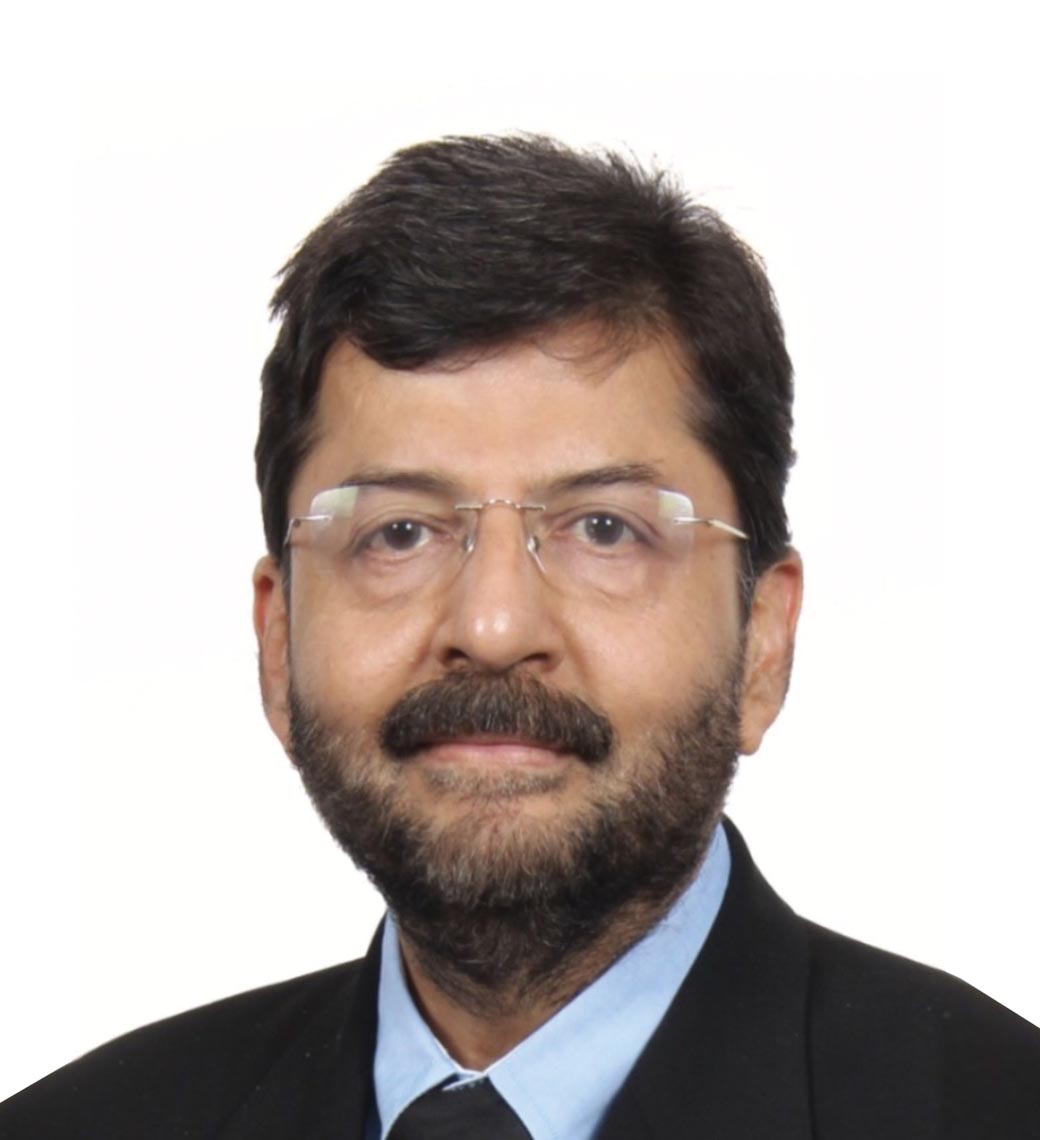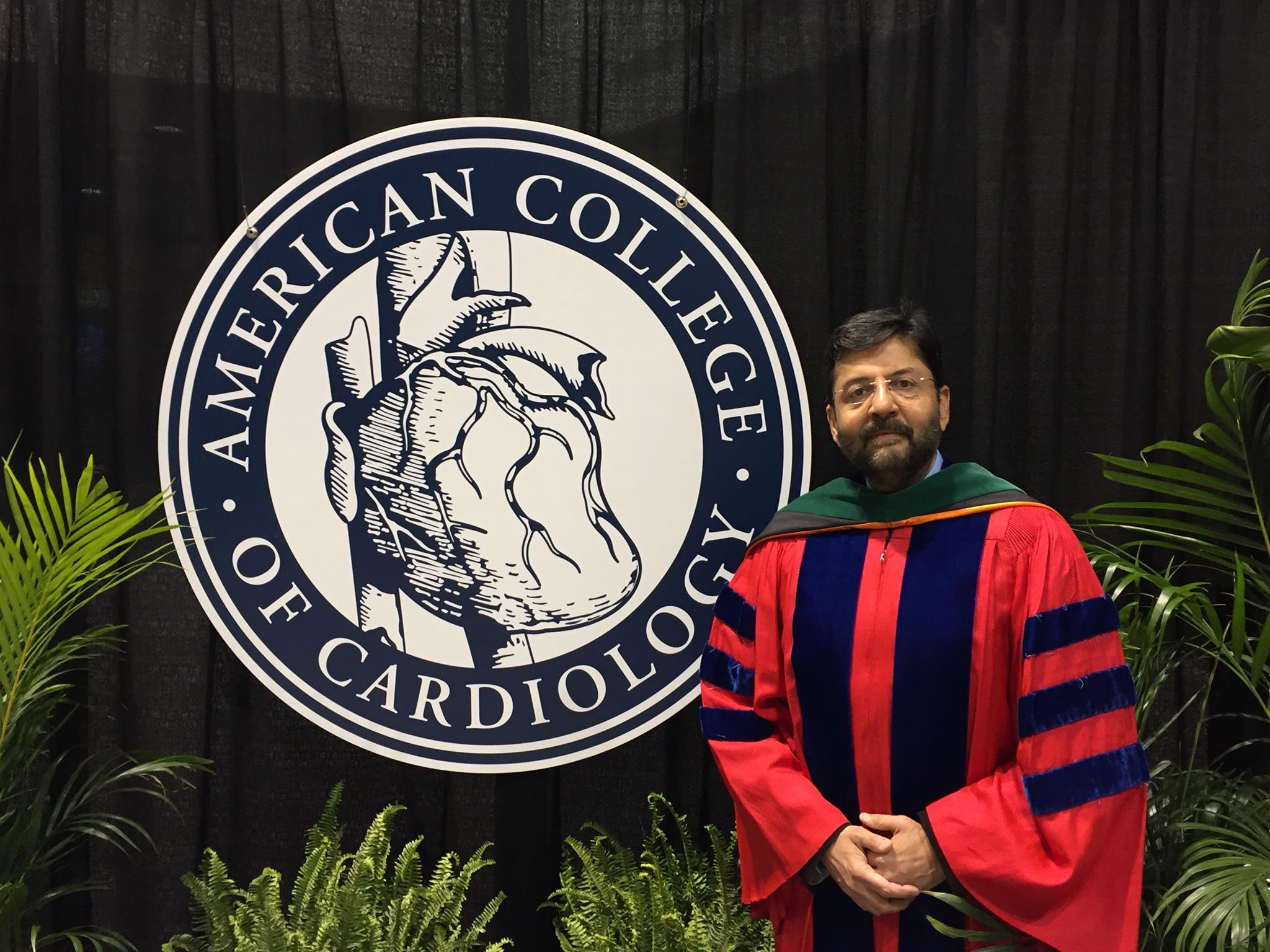What Is A Heart Transplant
Hello, I’m Dr. Milan Chag, a cardiologist at Marengo Asia CIMS Hospital in Ahmedabad. Today, I’d like to explain one of the most complex yet life-saving procedures in modern cardiology — the heart transplant.

A heart transplant is a procedure where a patient’s diseased or failing heart is replaced with a healthy heart from a donor. It is usually the last resort when all other treatments, such as medication or surgeries, have failed to improve the patient’s condition. For those with end-stage heart failure, a heart transplant offers hope for a new life.
Why Would Someone Need a Heart Transplant?
In India, heart disease remains a leading cause of death, and some people reach a point where their heart can no longer function effectively. A heart transplant is considered when the heart is severely damaged, and no other treatments are effective.
Common reasons for needing a heart transplant include:
- Severe coronary artery disease: Blockages in the arteries supplying the heart that can’t be managed by surgeries or medication.
- Cardiomyopathy: A disease of the heart muscle that makes it hard for the heart to pump blood properly.
- Congenital heart defects: In some cases, children are born with severe heart defects that may require a transplant later in life.
- Valvular heart disease: When heart valves become severely damaged and unrepairable.
- Heart failure: When the heart becomes too weak or stiff to pump blood effectively.
The Heart Transplant Process
1. Evaluation and Listing for Transplant:
Before someone is listed for a heart transplant, they undergo an extensive evaluation. This includes medical tests, imaging, and assessments of the lungs, kidneys, liver, and overall health. The goal is to ensure the patient is strong enough to undergo the transplant surgery and recovery process.
Once evaluated, patients are placed on the transplant waiting list. Unfortunately, in India, the demand for donor hearts far exceeds the supply, and patients must wait until a suitable donor heart becomes available.
2. Finding a Donor:
A heart donor is typically someone who has suffered irreversible brain injury but whose other organs are functioning well. The donor and recipient must be matched based on factors like blood type and body size to ensure the new heart will function properly in the recipient’s body.
3. The Transplant Surgery:
Once a donor heart becomes available, the patient is prepared for surgery. The procedure itself involves:
- Removing the failing heart.
- Connecting the donor heart’s major blood vessels to the patient’s vessels.
- Carefully restarting the heart and ensuring it beats in sync with the body.
The surgery is complex and takes several hours. At Marengo Asia CIMS Hospital, we have a highly skilled team experienced in performing heart transplants successfully.
4. Recovery:
After the surgery, the patient is closely monitored in the ICU to ensure the body is accepting the new heart. Recovery takes time, and patients typically need to stay in the hospital for several weeks, followed by regular follow-up visits to check for signs of rejection (when the body’s immune system attacks the new heart).
Life After a Heart Transplant
Receiving a new heart gives patients a second chance at life, but it also comes with long-term responsibilities:
- Immunosuppressant medications: Patients must take medications for life to prevent the body from rejecting the new heart. These drugs suppress the immune system to ensure the heart is not attacked by the body’s defense mechanisms.
- Regular check-ups: Frequent monitoring is required to ensure the heart is functioning well and there are no signs of complications.
- Lifestyle adjustments: It’s important to maintain a healthy lifestyle by eating a balanced diet, exercising regularly, and managing stress to keep the new heart in good condition.
The Indian Context: Heart Transplants in India
In India, heart transplants are becoming more common thanks to advancements in medical technology and a growing awareness of organ donation. However, the biggest challenge remains the lack of available donor hearts. Organ donation is still a relatively new concept in India, and more awareness is needed to encourage people to register as organ donors.
At Marengo Asia CIMS Hospital, we are working hard to raise awareness about the importance of organ donation, which can save countless lives. A single organ donor can save up to eight lives by donating their heart, kidneys, liver, lungs, and other vital organs.
A heart transplant is a remarkable procedure that can offer a new lease on life to people suffering from end-stage heart disease. While it’s not without risks and requires lifelong care, it gives hope to patients who otherwise have no other treatment options.
If you or someone you know is suffering from severe heart failure and considering a heart transplant, I encourage you to consult with an experienced cardiologist to understand the options available. At Marengo Asia CIMS Hospital, we are here to guide you every step of the way, from evaluation to recovery, ensuring you receive the best possible care.
Stay heart-healthy,
Dr. Milan Chag
Cardiologist, Marengo Asia CIMS Hospital, Ahmedabad


